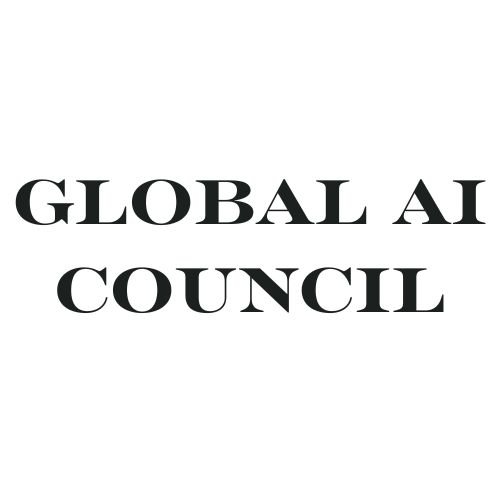The Global AI Race: Is It a Fair Run for All?
There’s a quiet race happening—not on tracks or trading floors, but in the invisible realm of code, data, and power. Artificial Intelligence has become the new currency of influence, and every major player wants in. From the polished labs of Palo Alto to the rising tech hubs of Nairobi, cities are recalibrating for dominance in a world increasingly run by algorithms.
But beneath the glamour of billion-dollar valuations and Silicon Valley smugness, we have to ask:
Is everyone really invited to this race?
Unequal Tracks, Uneven Pace
Let’s be honest: not all countries are stepping onto the same starting line.
Some nations have cloud servers that hum day and night, elite universities feeding a nonstop pipeline of talent, and government-backed innovation arms handing out grants like party favors. Others—many others—are still grappling with basic digital infrastructure, limited STEM education access, and policy frameworks that lag years behind the tech they're meant to govern.
And yet, they're expected to compete in the same global AI economy?
When Innovation Looks Like Imperialism
There’s a term for this imbalance: AI colonialism. It sounds dramatic, but it’s very real.
It’s what happens when wealthier countries export AI tools into regions with no say in how those tools were built, trained, or governed. Language, culture, ethics, bias—it’s all baked into the model. So when an algorithm developed in California is used to assess a loan applicant in the Philippines, or determine school readiness in Kenya, we have to ask: whose values are driving the decision?
Spoiler: not the local ones.
The True Cost of Being Left Behind
When countries are reduced to passive users of imported tech, the ripple effects aren’t just digital—they're deeply human.
They miss out on:
The jobs created by building AI solutions locally
The economic leverage that comes from owning innovation
The policy power to regulate what enters their systems
And, most dangerously, the cultural agency to shape their future
It’s not just inequality—it’s institutionalized invisibility in the very systems that will define how we live, work, and relate to one another.
What Fair Could Look Like
The goal isn’t to slow the frontrunners. It’s to clear the path for everyone else. Because progress that only serves the few isn’t progress—it’s privilege.
Here’s what we need more of:
Accessible AI education, taught in more than just English and Python
Open-source tools that empower rather than exploit
International collaborations that aren’t extractive, but reciprocal
Funding models that recognize potential beyond the usual suspects
Shifting the Narrative
At the Global AI Council, we believe the future belongs to those who understand it and have a seat at the table shaping it. That’s why we’re building a worldwide network offering free AI education, creating space for underrepresented voices, and pushing for ethical standards that include all—not just the top 1% of technocrats.
We’re not here to win the race.
We’re here to redefine what winning looks like.
Written by Kate Hancock
Founder, Global AI Council
Entrepreneur | Speaker | Advocate for AI Literacy & Access
